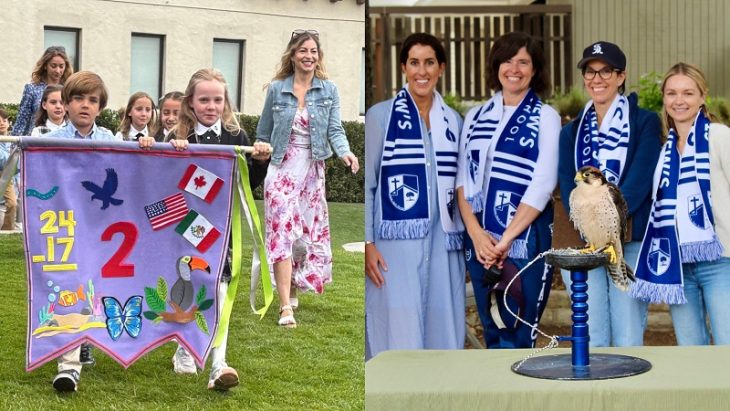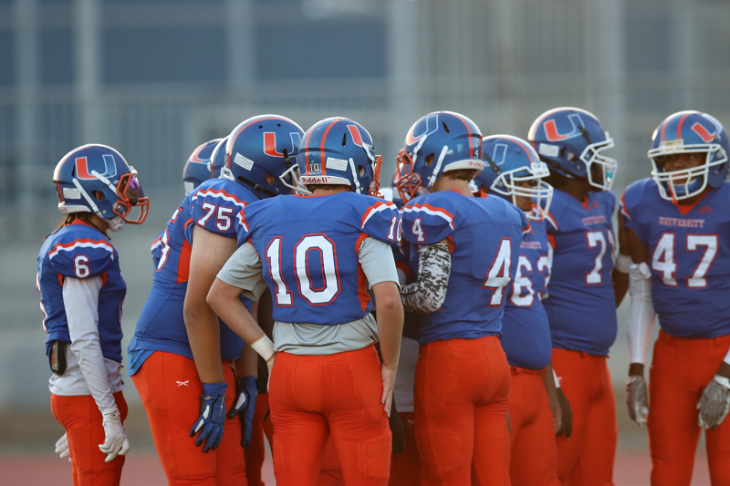Quarantine expected to be lifted Wednesday
By Sam Catanzaro
After a measles scare rattled its campus, the University of California Los Angeles (UCLA) expects things to return to normal Wednesday.
UCLA was notified Monday, April 22, by the Los Angeles County Department of Public Health (Public Health) that one of their students had contracted measles. UCLA immediately identified and contacted students, faculty and staff with whom the student may have come into contact or who may have otherwise been exposed.
On Wednesday, April 24, Public Health decided to quarantine 119 students and eight faculty members until their immunity could be determined.
According to UCLA Chancellor Gene Block, the student had attended classes at Franz Hall and Boelter Hall on three days — April 2, 4 and 9 — while contagious. The student did not record any other buildings while on campus. Because the virus remains in the air for up to two hours, hundreds of students, faculty and staff members were exposed to the virus.
“One person with a confirmed case of measles can very easily expose 1,000 people in a four-day period to that measles virus,” said Barbara Ferrer, director of Public Health for L.A. County.
The quarantine of UCLA students and faculty members ordered by the Los Angeles County Department of Health expired Wednesday, May 1. None of the 28 people who remain quarantined had become symptomatic, according to UCLA and all are expected to be released from the quarantine by the midnight deadline.
“Considering the time that has elapsed since the last possible exposure to the individual with measles on April 9, the highest risk period for developing measles has already passed — and the period during which symptoms may appear is nearing the end,” Block said. “I know there is concern about measles, particularly among the very small percentage of our community who have not been vaccinated. Please be assured that we have the resources we need for prevention and treatment.”
Under UCLA policy, students, faculty and staff under quarantine may not attend school or work. They must avoid any public places where they may come into contact with many people, including classrooms, study halls, libraries, places of worship, movie theaters, grocery stores, shopping centers, gyms, outdoor events and sporting events.
Measles is a highly contagious disease that is caused by a virus that lives in the nose and throat. The symptoms of measles include fever, cough, runny nose, red watery eyes, rash of red spots that typically starts on the face or hairline and spreads to the rest of the body.
Measles can lead to severe illnesses, hospitalization, and even death. Serious illnesses include diarrhea, ear infection, brain damage.
Measles spreads quickly through the air when an infected person coughs or sneezes. About 9 out of 10 people who have not had the measles vaccine will get measles if they are exposed to the virus. You can get measles if you share the same air with a person with measles, even up to two hours after the person has left the area. Measles can also spread before the infected person has symptoms.
























